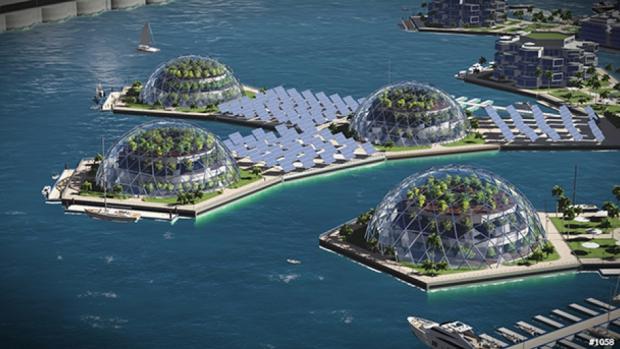
Breaking News
 Is The Government Coming For Our Seeds?
Is The Government Coming For Our Seeds?
 Looming ice storm could be among worst on record
Looming ice storm could be among worst on record
 The walls are actually closing in on Ilhan Omar and her husband…
The walls are actually closing in on Ilhan Omar and her husband…
 Tesla and XAI's Digital Agent Strategy
Tesla and XAI's Digital Agent Strategy
Top Tech News
 The day of the tactical laser weapon arrives
The day of the tactical laser weapon arrives
 'ELITE': The Palantir App ICE Uses to Find Neighborhoods to Raid
'ELITE': The Palantir App ICE Uses to Find Neighborhoods to Raid
 Solar Just Took a Huge Leap Forward!- CallSun 215 Anti Shade Panel
Solar Just Took a Huge Leap Forward!- CallSun 215 Anti Shade Panel
 XAI Grok 4.20 and OpenAI GPT 5.2 Are Solving Significant Previously Unsolved Math Proofs
XAI Grok 4.20 and OpenAI GPT 5.2 Are Solving Significant Previously Unsolved Math Proofs
 Watch: World's fastest drone hits 408 mph to reclaim speed record
Watch: World's fastest drone hits 408 mph to reclaim speed record
 Ukrainian robot soldier holds off Russian forces by itself in six-week battle
Ukrainian robot soldier holds off Russian forces by itself in six-week battle
 NASA announces strongest evidence yet for ancient life on Mars
NASA announces strongest evidence yet for ancient life on Mars
 Caltech has successfully demonstrated wireless energy transfer...
Caltech has successfully demonstrated wireless energy transfer...
 The TZLA Plasma Files: The Secret Health Sovereignty Tech That Uncle Trump And The CIA Tried To Bury
The TZLA Plasma Files: The Secret Health Sovereignty Tech That Uncle Trump And The CIA Tried To Bury
The 'seasteading' movement imagines floating cities in the sea

Like in the 19th century, when many people left the cities of the Eastern US to gain independence by claiming a patch of land and working it — which was known as "homesteading" — "seasteaders" hope to create a new social, economic and political frontier on the ocean.
That's the vision of "seavangelist" Joe Quirk, author of the new book, "Seasteading: How Floating Nations Will Restore the Environment, Enrich the Poor, Cure the Sick and Liberate Humanity from Politicians."
Quirk got involved in the seasteading movement after attending his 10th Burning Man festival. He says he became fascinated by watching rules emerge that "are not predictable from their initial parameters." "You start imagining, what if we could have more societies like these? What if they didn't just last a week, but all year round?" Quirk says. "What if we could have hundreds [of these societies]? What interesting ways that people could get along would we discover?"

 Nano Nuclear Enters The Asian Market
Nano Nuclear Enters The Asian Market


